Special Report
50 British Words and Phrases Americans Just Don't Get
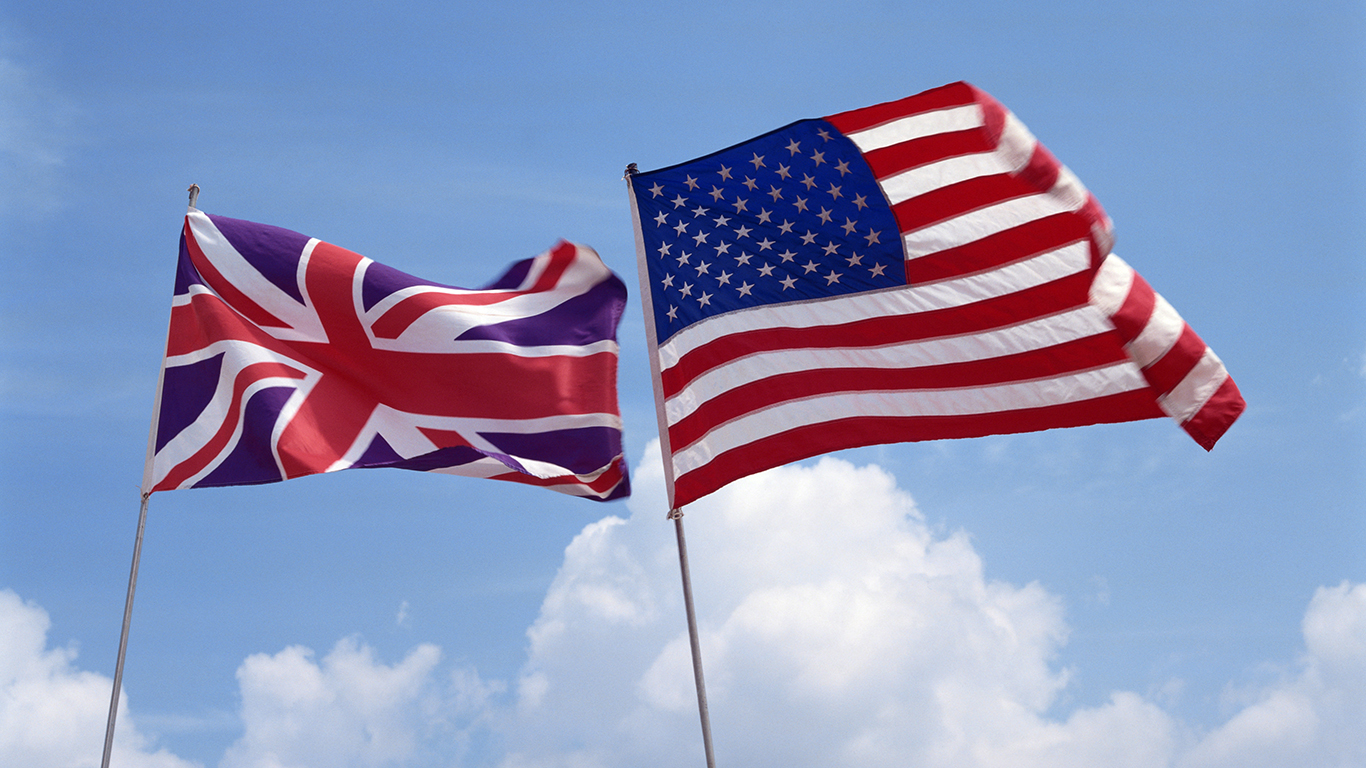
Published:
Last Updated:

“England and America,” George Bernard Shaw may or may not have once said, “are two countries separated by the same language.”
He may have been exaggerating a bit. The differences between American and British English aren’t really all that profound, to be honest. And most of us have probably heard or read by now that our cousins across the pond call an elevator a “lift,” a car trunk a “boot,” and a vest a “waistcoat” — and that they persist in identifying French fries as “chips” and chips as “crisps,” and consider Oreos to be “biscuits.”
On the other hand, there are still plenty of British words and phrases that probably wouldn’t make sense to us if we heard them used in conversation. Sometimes that’s because they mean something different in the U.K. than they do in America — like bonnet, jumper, or scheme. In other cases, they’re simply mysterious. What on earth is a kip or a spanner? What would we do with a pair of breeks? Terms like this can be just as confusing as (or even more confusing than) all those Canadian slang words and phrases Americans just don’t get.
Click here to see 50 British words and phrases Americans just don’t get.
When you throw in entries from Scotland, Wales, and Northern Ireland — as this list does, because we’re talking British, not just English here — things can get even more complicated. A list of old Scottish words and phrases can be particularly, well, challenging. What’s a lum, for instance? Ah dinnae ken.
It’s always slightly tricky to compile a list of slang terms and phrases from other countries, of course, because people who are actually from those places often look at what we’ve written and scoff. “You do realize that nobody here actually talks like that, don’t you?” they might say.
Language is a living thing, and it constantly changes and evolves, in the U.K. as in the U.S. It’s hard enough for us to keep up with our own words that were just added to the dictionary.
But while all 50 of the words and phrases on this list might not be in frequent current usage, a good many of them are, and the rest are colorful if potentially vexing enough to be worth knowing — just in case.

Anorak
A short weather-proof hooded jacket or parka (the term is borrowed from the Inuit of Greenland) — but also a nerd, someone obsessed with a boring hobby, like watching trains or being obsessed with soccer statistics. (Anoraks have a lot of pockets for holding the notebooks, pens, etc. that such people would use.)
[in-text-ad]

Arse over elbow
“Arse” is a Briticism for one’s rear end. Arse over elbow is how you might end up after a few too many pints in the local pub.

Bairn (Scotland)
Baby (as in “a wee bairn”) or child (in the sense of relationship rather than necessarily age).

Banjaxed (Northern Ireland)
Destroyed or confounded. The origins of the term are unknown, but it doesn’t seem to have been used until the 1950s.
[in-text-ad-2]
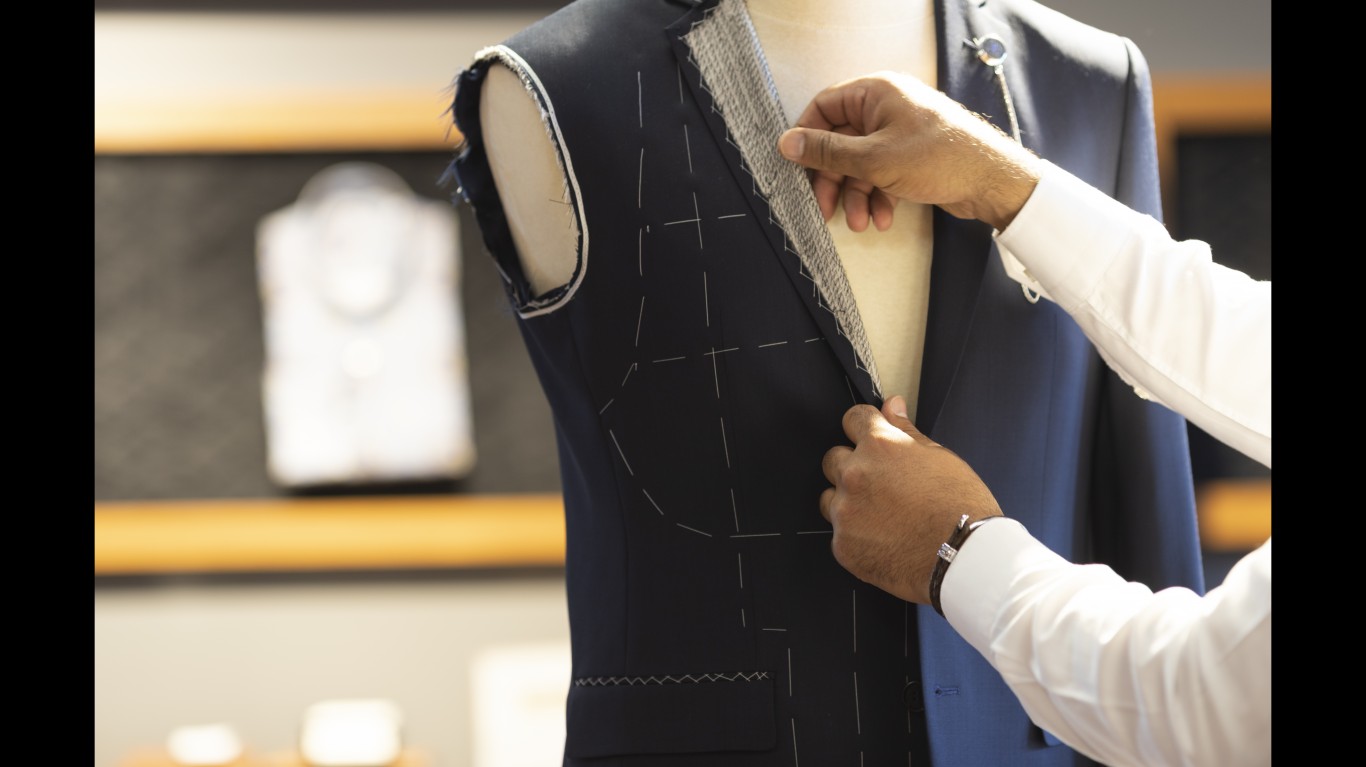
Bespoke
Made-to-order. A tailor will make you a bespoke suit

Bonnet
A term with many meanings, most of them having to do with headgear, but also the hood of a car. To be “on it like a car bonnet” is to have the situation under control.
[in-text-ad]

Breeks (Scotland)
In the singular, originally a garment covering the loins and thighs. Now used only in the plural to mean “trousers” (probably the same word as “breeches” or “britches”).

Buck eejit (Northern Ireland)
Eejit = idiot. “Buck eejit” is sometimes used endearingly for friends or loved ones who are a bit silly.

Chinwag
Also chin-wag. Talk or chatter. The derivation is obvious.
[in-text-ad-2]

Chopsy (Wales)
Cheeky or overly chatty. A term used mostly in the Welsh capital, Cardiff.

Chuffed
Pleased, delighted, happy. The term is of military origin, probably related to an old dialect word for swollen or chubby. Confusingly, “chuffed” can also sometimes mean displeased.
[in-text-ad]

Clanger
A mistake or social faux pas, presumably related to the noise something heavy might make when it hits the ground. “To drop a clanger” is to make an embarrassing mistake.

Codswallop
A load of nonsense. Baloney. The origin is uncertain but might have something to do with a colloquial, primarily Scottish, meaning of the word “wallop,” meaning to flop about or wobble. In that case, perhaps “cod” is the fish of the same name, and the reference is to the ultimately futile movements of a just-caught fish on the deck of a boat.
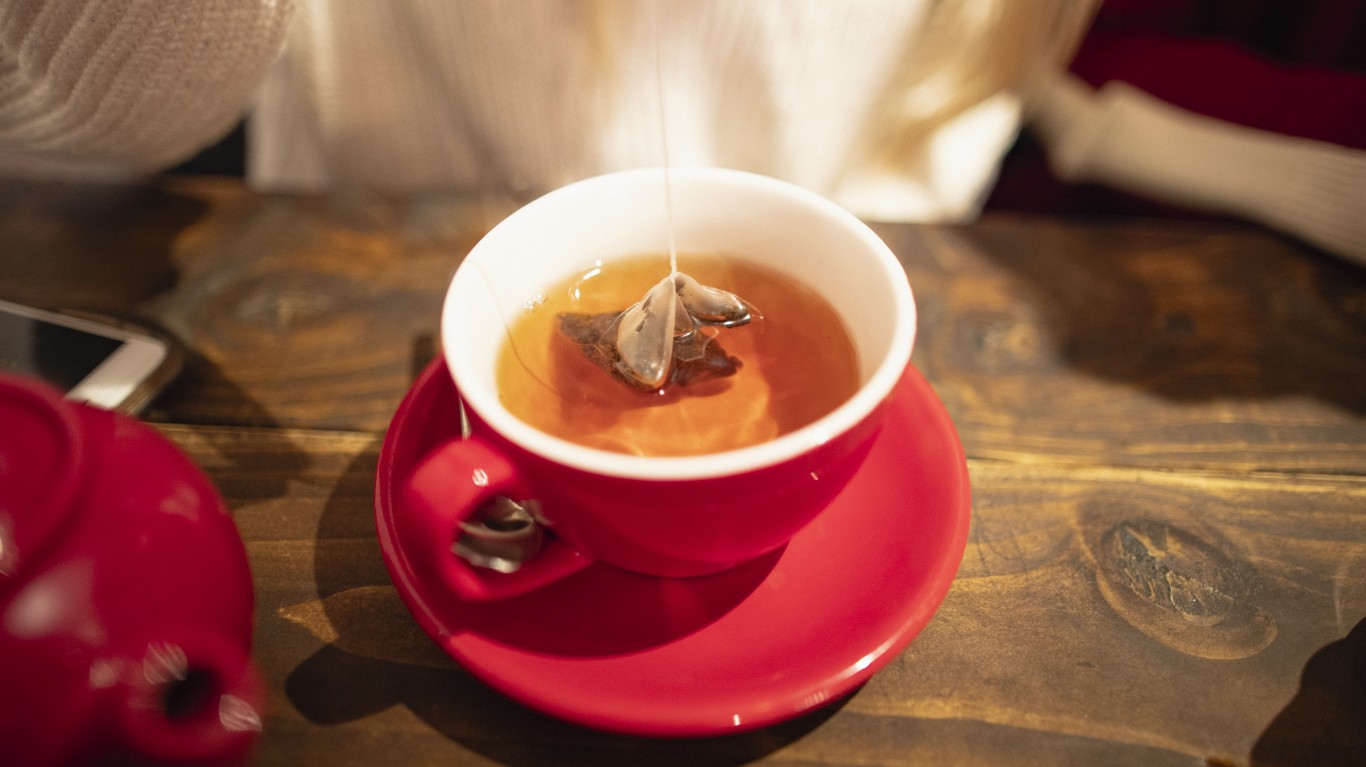
Cuppa
If someone asks if you fancy a cuppa, they’re asking if you’d like a cuppa (cup of) tea.
[in-text-ad-2]

Dog’s dinner
A real mess, serious confusion. Another way of saying this is “dog’s breakfast.”
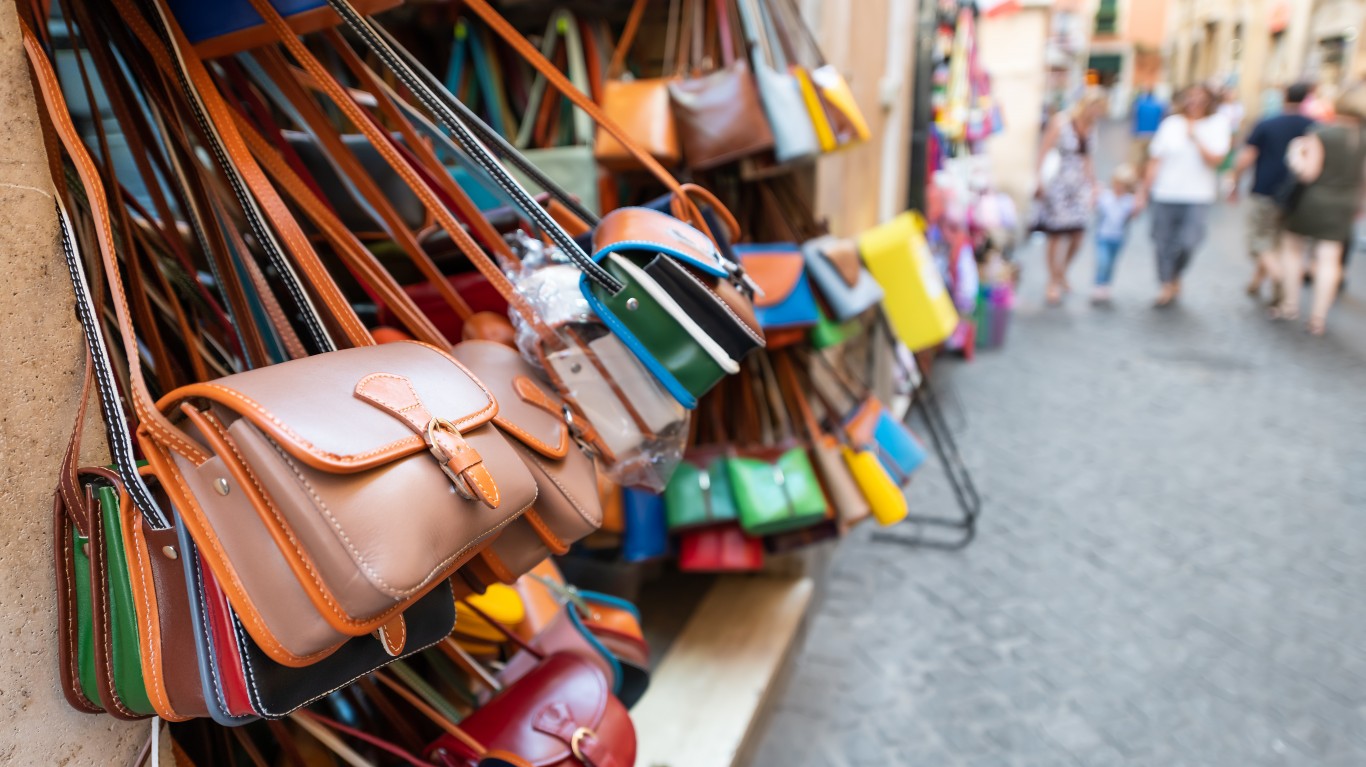
Duff
Something worthless or fake. The word may come from “duffer,” meaning a peddler, especially one selling counterfeit goods, or an incompetent or clumsy person (especially on the golf course). The term may or may not be the source of the name of Homer Simpson’s favorite tipple, Duff Beer.
[in-text-ad]

Gaff
Among many other meanings, a home, an apartment, a pad. This probably derives from the 18th-century sense of the word as a fair or music hall.

Gobsmacked
Stunned, flabbergasted, speechless with amazement. “Gob” is an old Celtic term for beak, and by extension mouth. Something gobsmacking socks you in the teeth, metaphorically.
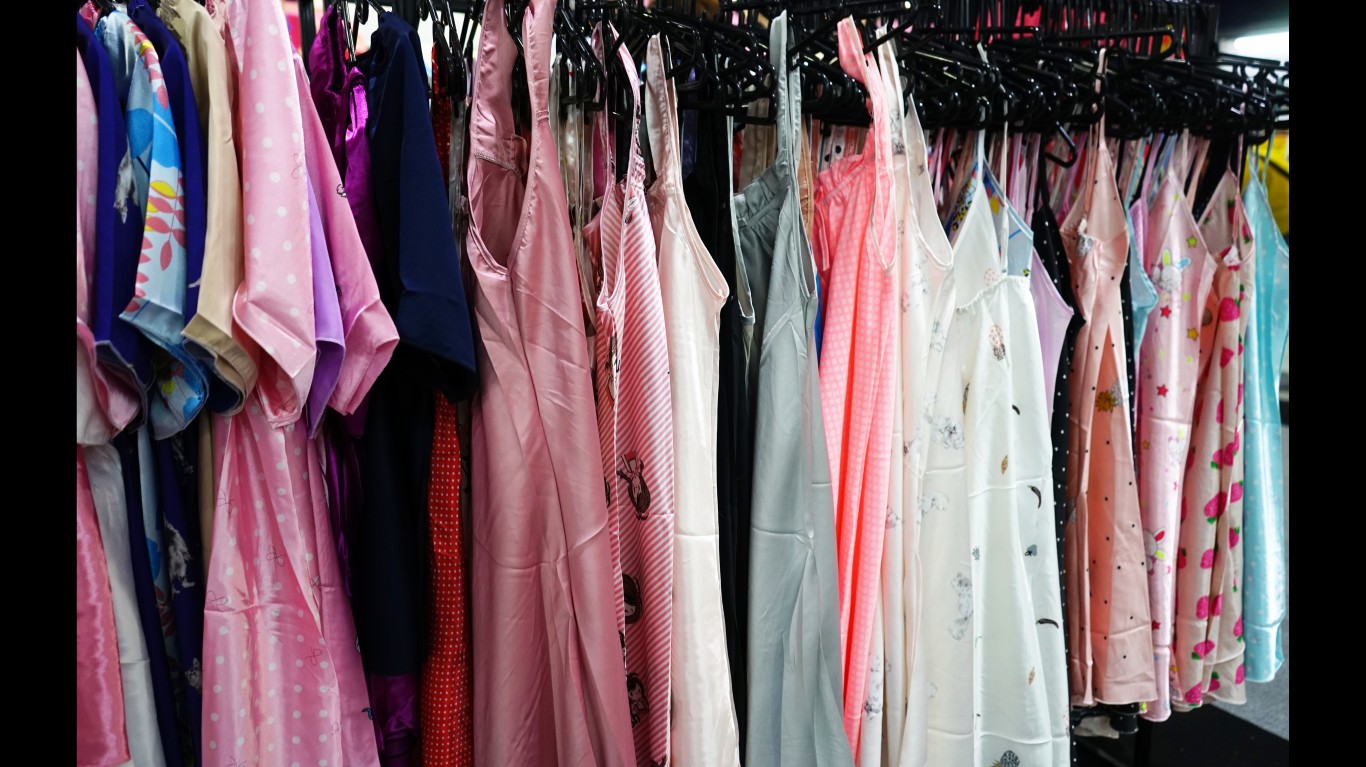
Goonie (Scotland)
Nightgown. The term is used almost exclusively in Scotland, and nobody seems to know where it comes from.
[in-text-ad-2]

Gormless
Without a clue, lacking good sense or discernment. From “gome,” an archaic dialect term for attention or care.

Hob
The burner on a stove, possibly related to “hub,” as the round central part of a wheel.
[in-text-ad]
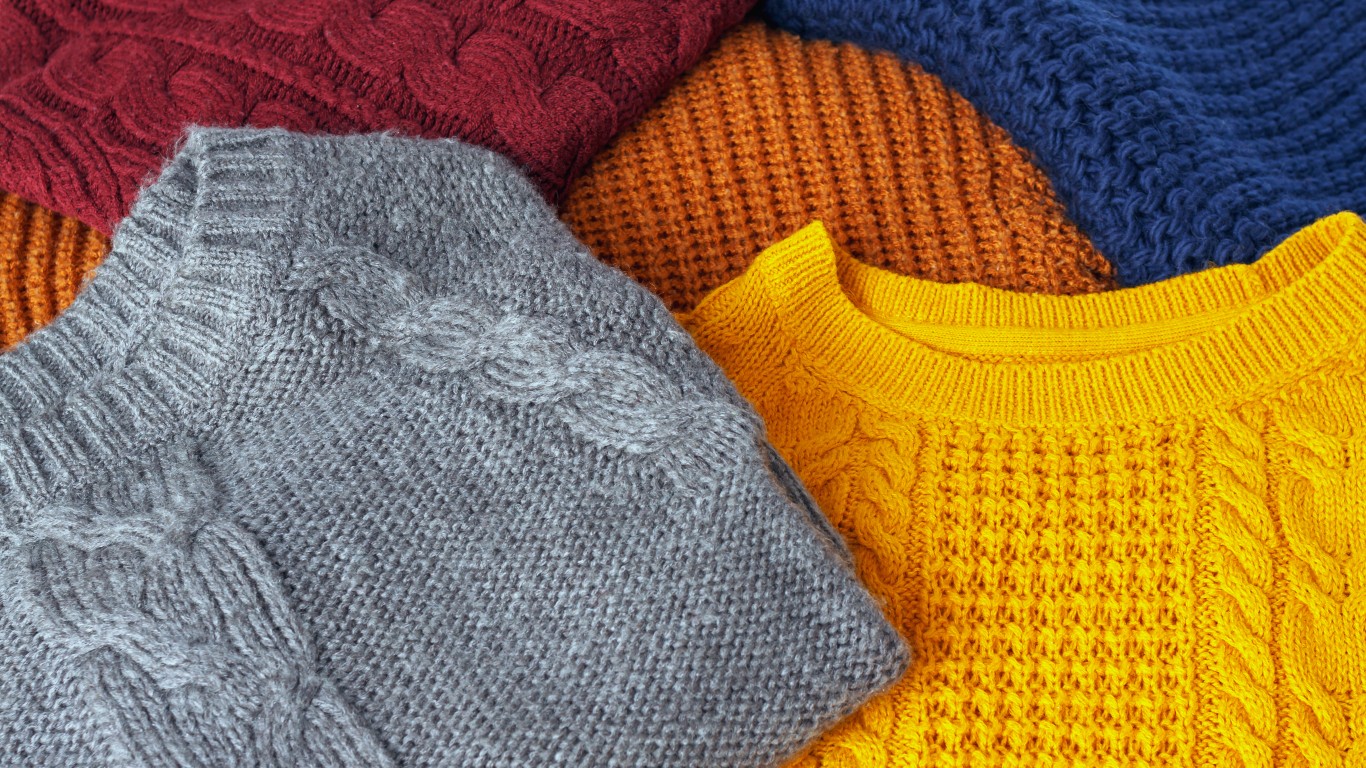
Jumper
A sweater. Originally a kind of hip-length jacket worn by manual laborers.

Kip
A nap or snooze, or a sleep in a place away from home. Probably from the Danish “kippe,” meaning a hut or an alehouse.

Knackered
Exhausted, worn out, in a weakened state. Probably from the sense of a “knacker” as a man who slaughtered tired or sick horses and sold them for dog food.
[in-text-ad-2]

Knees-up
The term might sound vaguely racy, but it just means a wild party, probably involving lots of dancing.

Knock up
Nothing to do with pregnancy. To knock on someone’s door or window to awaken them, a term presumably dating from a time before alarm clocks.
[in-text-ad]

Legless
Really, really drunk. The reason is obvious.

Made redundant
Something that’s redundant, in the U.S. as in Britain, is repetitious or more than what’s needed. Unfortunately, if you’re made redundant in the U.K., your boss has decided that there’s no more place for you — you’re fired.
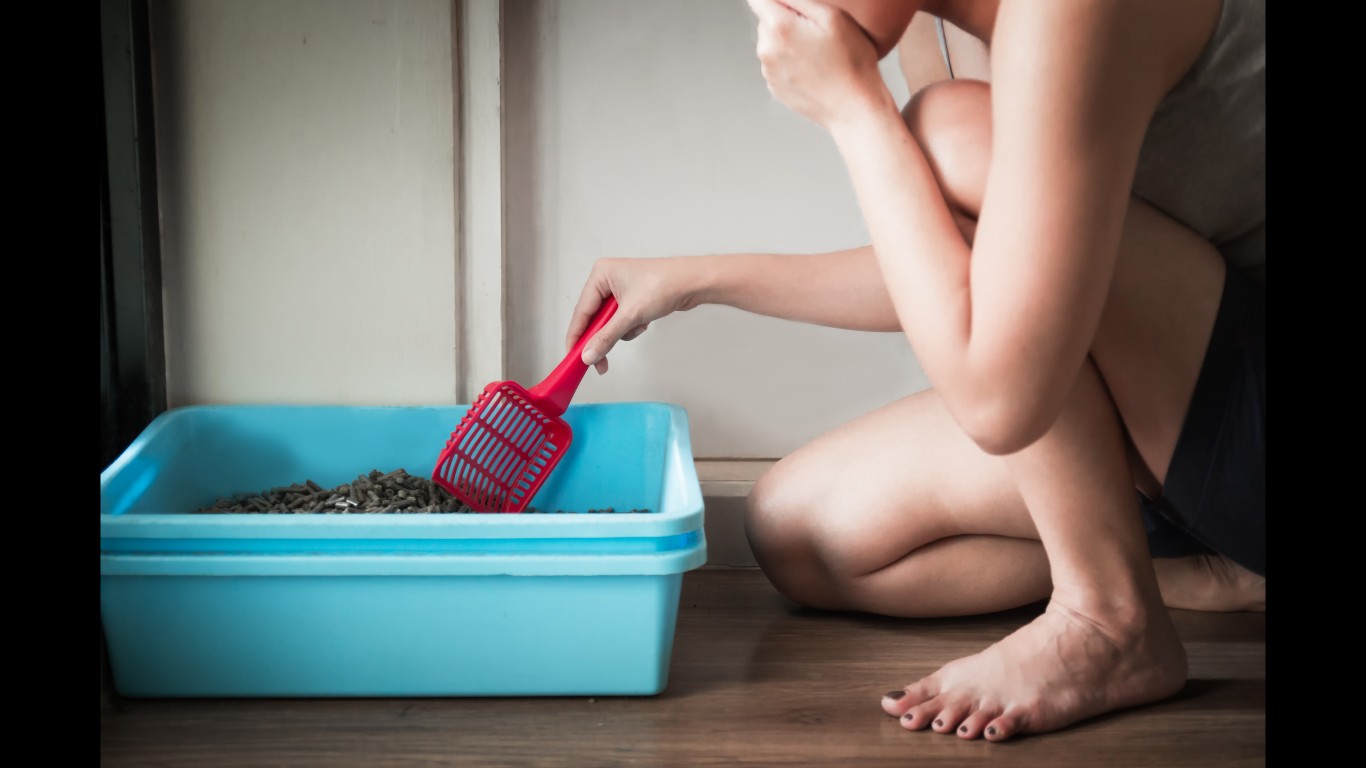
Minging
Stinky or foul. Also very (stinking) drunk. “Ming” was an old Scottish term for human excrement.
[in-text-ad-2]
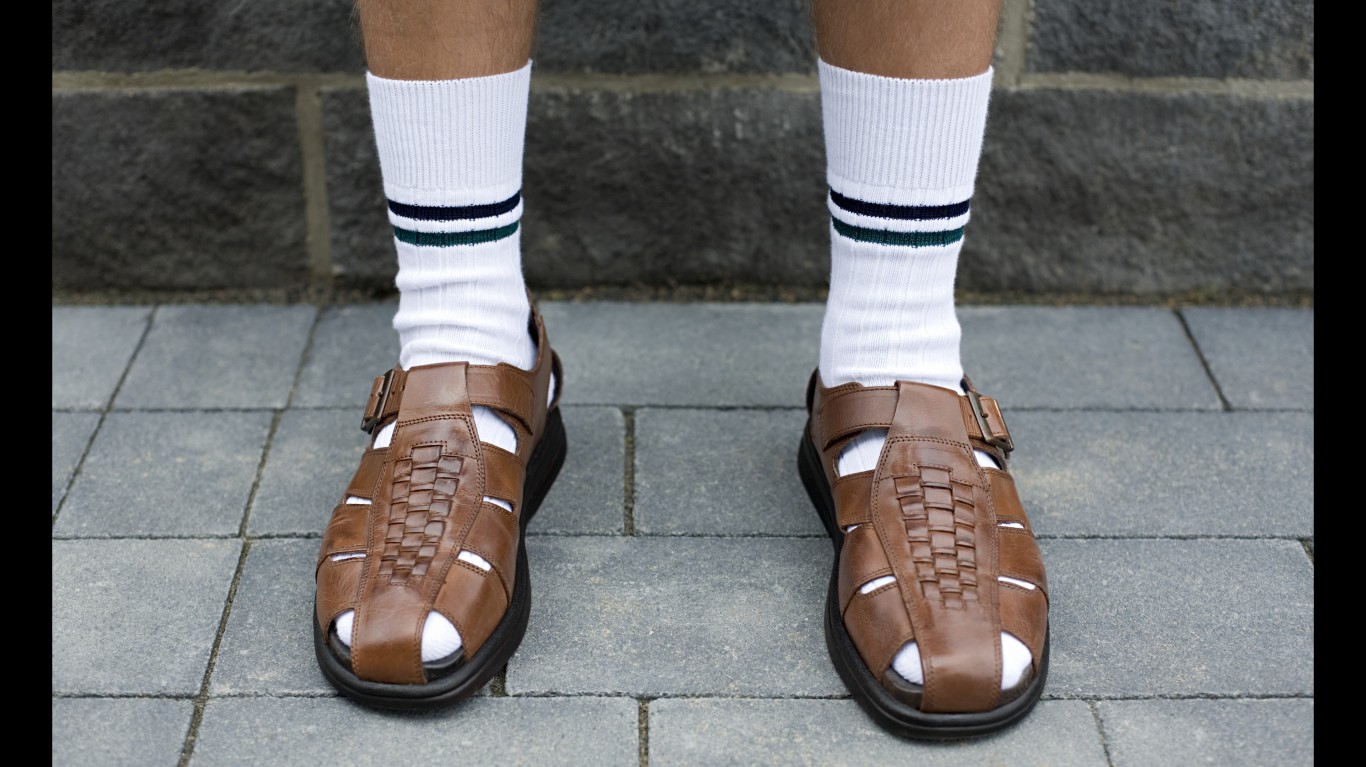
Naff
Uncool, unfashionable, worthless. Anoraks (see above) are naff. Telling someone to naff off means to tell them to go away.

Pear-shaped
Disastrous. To go pear-shaped is to go wrong, as a battle plan, a dinner party, a business meeting. Originally Royal Air Force slang, of uncertain origin.
[in-text-ad]

Peckish
Hungry, usually only slightly so. Probably related to a term for the way a bird eats.

Pukka
Genuine or of top quality. Also hoity-toity. From a Hindi word meaning mature, substantial, ripe.

Scheme
Not something sneaky and underhanded as in the U.S., but a plan for accomplishing something, as in the electric company’s new scheme to improve the power grid.
[in-text-ad-2]

Scrummy
Delicious, and by extension excellent or enjoyable. An abbreviation of scrumptious.

Shirty
Angry, rude, or short-tempered. Probably because someone in a rage could be said to “have his shirt out,” while you might calm someone by saying “Keep your shirt on.”
[in-text-ad]
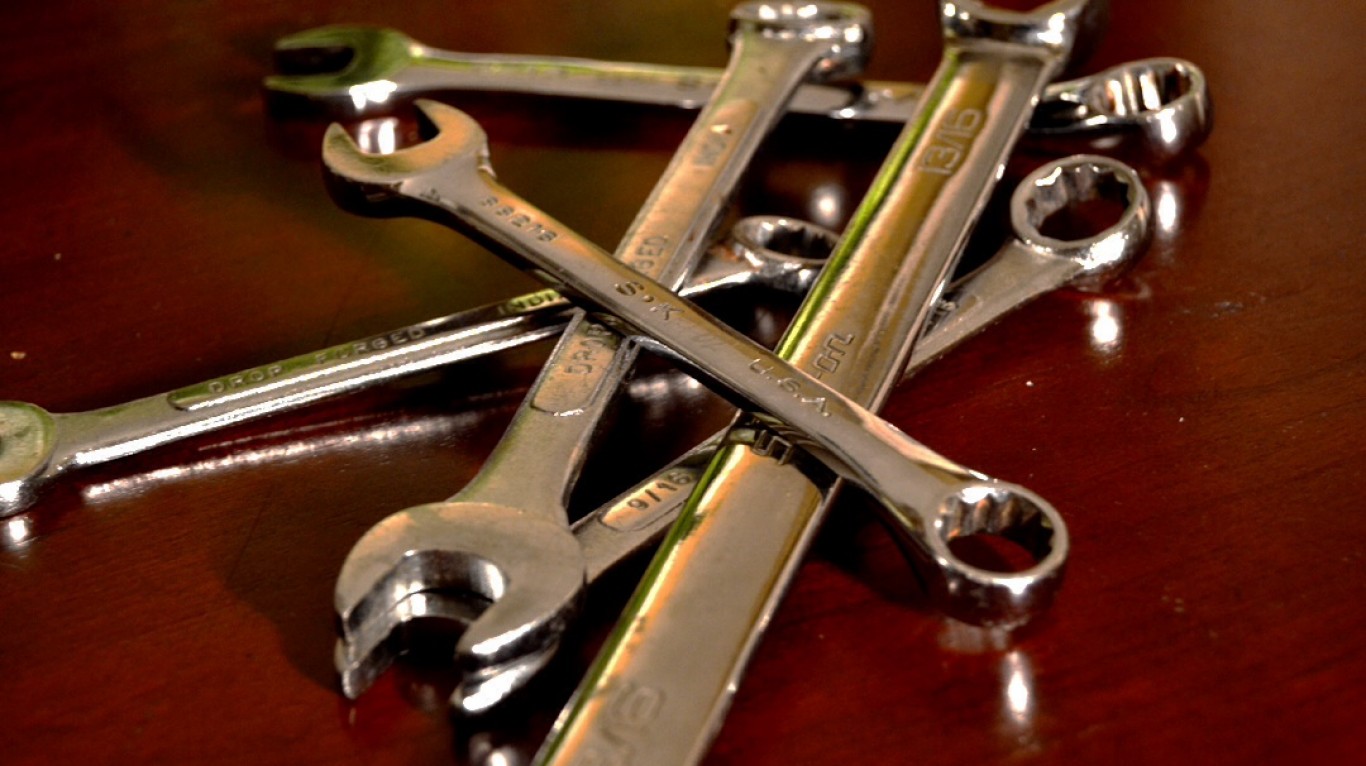
Spanner
A wrench, apparently related to the word “spin.” The British equivalent of our “to throw a monkey wrench is the works” (to do something that stops a plan from succeeding) is “to throw a spanner in the works.” John Lennon gave one of his little books of poems and drawings the punning title “A Spaniard in the Works.” The cover featured him in a flamenco hat and bullfighter’s cape brandishing a wrench.

Spiffing
Smartly dressed, first-rate, good-looking. We’d say “looking spiffy” instead.

Stroppy
Ill-tempered, unruly, impudent, sassing. Probably an abbreviation of obstreperous.
[in-text-ad-2]

Swot
To study hard. Swotting is cramming for an exam. A swot is also someone who perhaps swots a little too much.

Tamping (Wales)
Extremely annoyed, hopping mad. Maybe from another Welsh sense of the word meaning to bounce a ball up and down.
[in-text-ad]
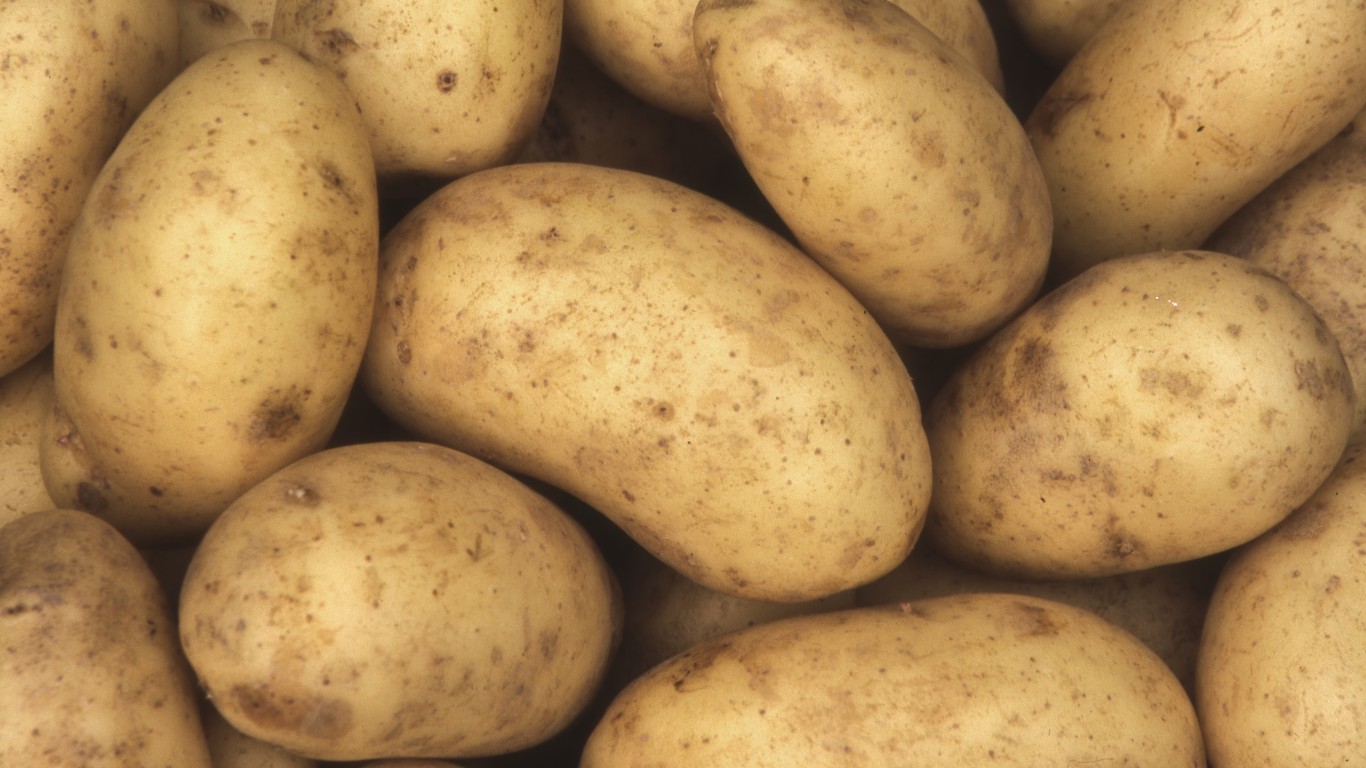
Tatties (Scotland)
Potatoes — or “taters,” if you will. The traditional accompaniment to Scotland’s infamous haggis is tatties and neeps — potatoes and turnips (meaning yellow turnips, or rutabagas).
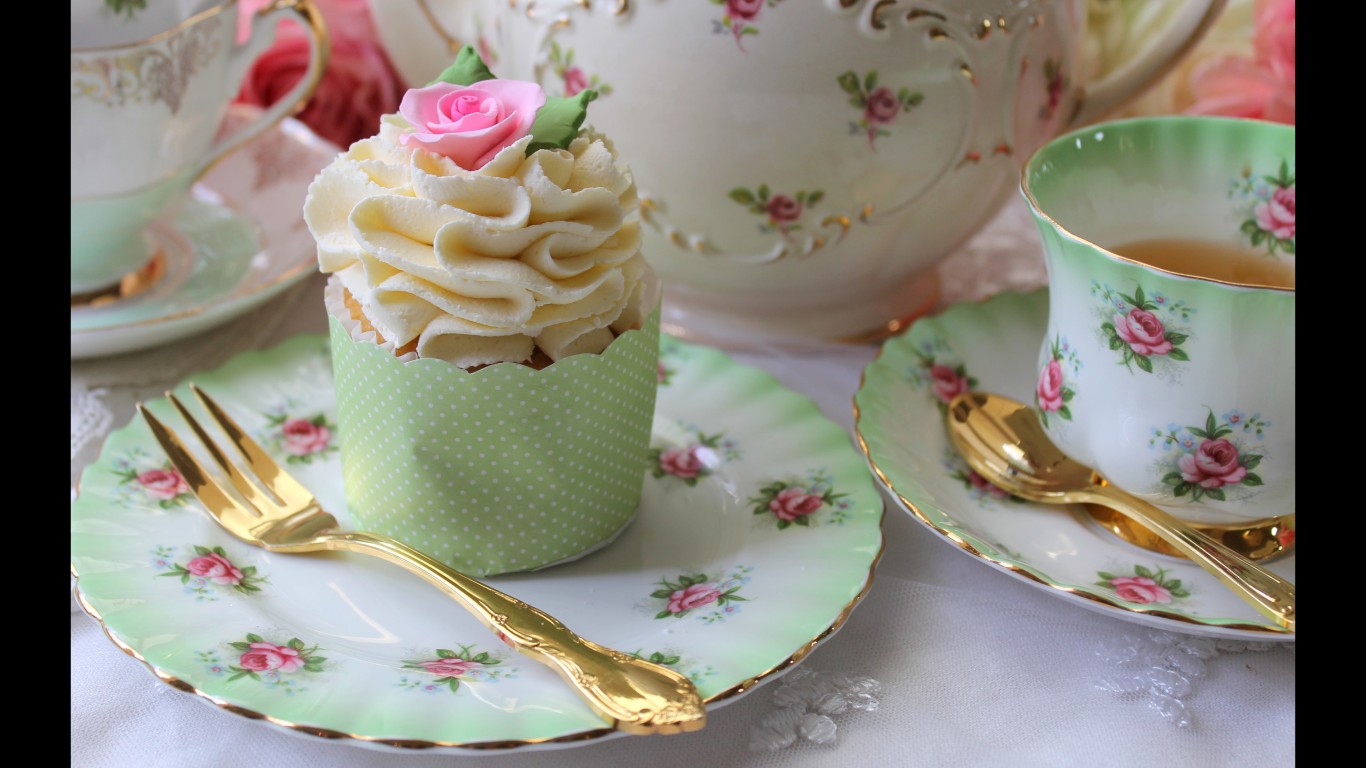
Twee
A term used mostly by the older generation to mean a little too dainty or quaint. Originally baby talk for “sweet.”

Uni
An institution of higher learning — i.e., a university.
[in-text-ad-2]

Wally
A fool, someone inept or unfashionable. Possibly a reference to some unfortunate historical personage named Walter.

Wanker
A term of uncertain origin that originally meant a masturbator, but is now used almost exclusively to describe somebody (almost always a man) who is stupid, pretentious, unpleasant, a jerk.
[in-text-ad]

Whinging
Whining or complaining. “Whinge” and “whine” share common origins.
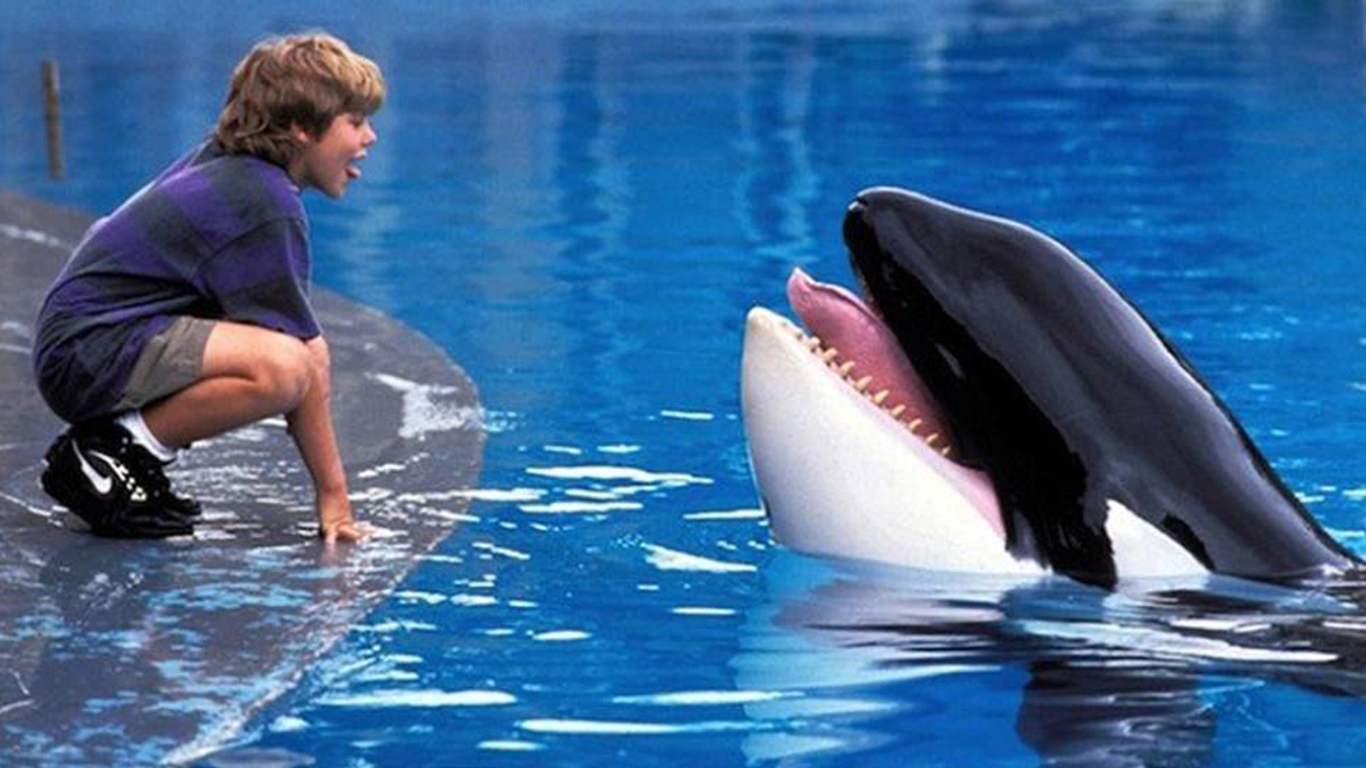
Willy
A euphemism, usually considered at least marginally acceptable in polite company, for the penis. As you might imagine, the release in Britain of the heartwarming 1993 film about a young boy who saves a killer whale from destruction, “Free Willy,” occasioned much merriment.

Wind someone up
Not to finish them off, but to greatly annoy them or make fun of them.
[in-text-ad-2]

Yonks
A long time, ages, as in “I haven’t seen you for yonks.” Nobody knows where the term came from.
The last few years made people forget how much banks and CD’s can pay. Meanwhile, interest rates have spiked and many can afford to pay you much more, but most are keeping yields low and hoping you won’t notice.
But there is good news. To win qualified customers, some accounts are paying almost 10x the national average! That’s an incredible way to keep your money safe and earn more at the same time. Our top pick for high yield savings accounts includes other benefits as well. You can earn up to 3.80% with a Checking & Savings Account today Sign up and get up to $300 with direct deposit. No account fees. FDIC Insured.
Click here to see how much more you could be earning on your savings today. It takes just a few minutes to open an account to make your money work for you.
Thank you for reading! Have some feedback for us?
Contact the 24/7 Wall St. editorial team.